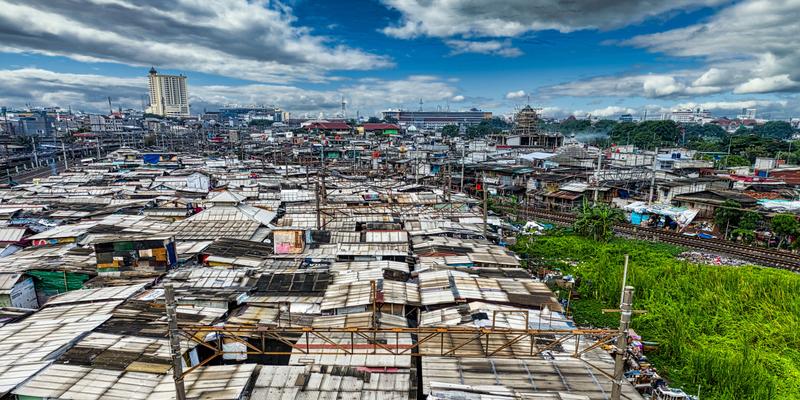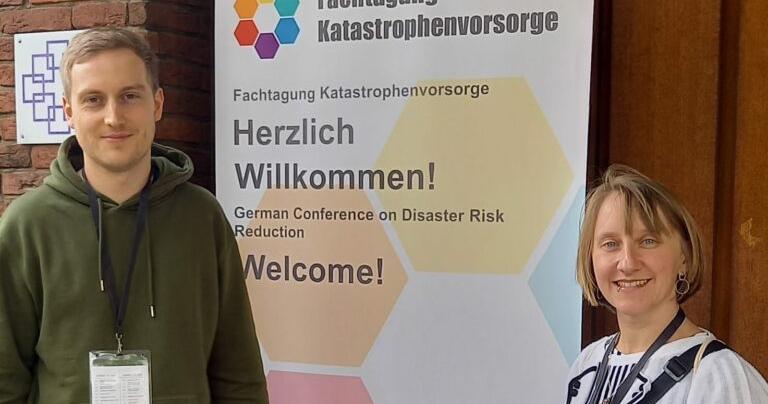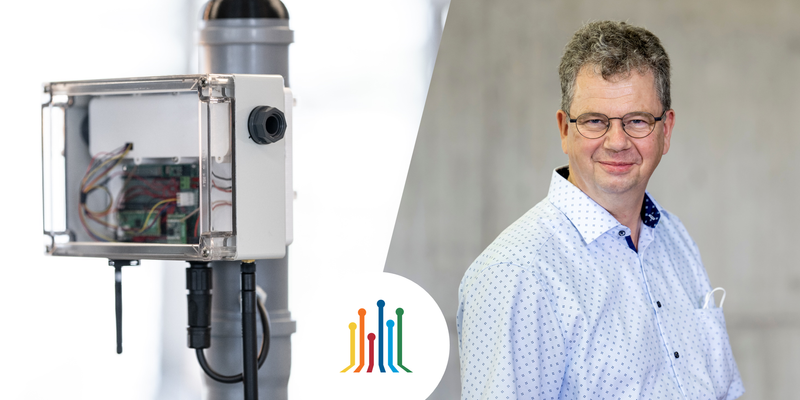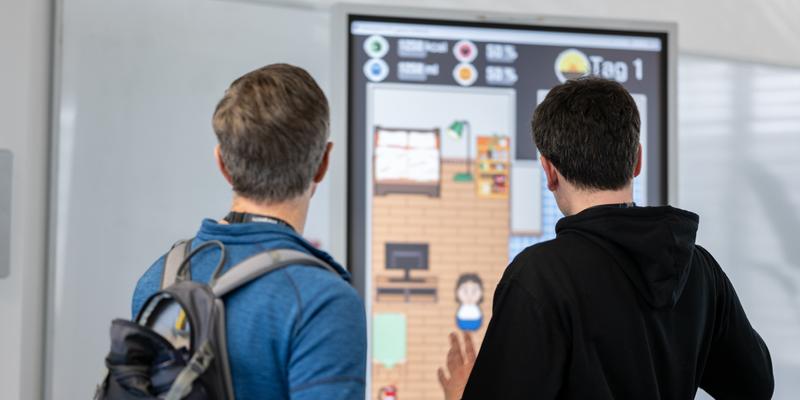Since the beginning of January, a new research project of the TU Darmstadt is funded by the state of Hesse with the “LOEWE-Exploration” funding line. The project deals with the detection and modeling of slums from satellite data, from which in turn essential infrastructure needs in slums are to be determined with the help of physical models.
What sounds quite unconventional at first has an important goal: to improve the living and health conditions of people in slums. Around 1.2 billion people worldwide live in slums, often without urban infrastructure such as electricity or water. The new knowledge about slums, which has been very little researched so far, is intended to identify opportunities for improvement. Dr. John Friesen from the Institute of Fluid Systems Technology at TU Darmstadt, who was able to acquire the LOEWE funding, is now researching this topic.
emergenCITY-PI Professor Peter Pelz, who heads the Institute of Fluid Systems Engineering, supported the application. Since 2017, Professor Pelz’s team has already been analyzing satellite data in collaboration with the German Aerospace Center (DLR) and has already been able to determine the size of slums very precisely, as well as deriving initial network designs for an efficient and robust water supply in slum neighborhoods.
With support from the new funding line, slum research can now take off. Together with six other research projects, the project was able to prevail between about 40 applications and will receive funding from the pot of the second “LOEWE-Exploration” funding round since January 2022, which was approved with 1.8 million euros by the state of Hesse. The new funding line from the Hessian Ministry of Science is intended to give unconventional and bold research ideas a chance. Because “science must take risks and also be allowed to fail sometimes,” says Hessen’s Science Minister Angela Dorn. Only with this freedom innovations are possible.



